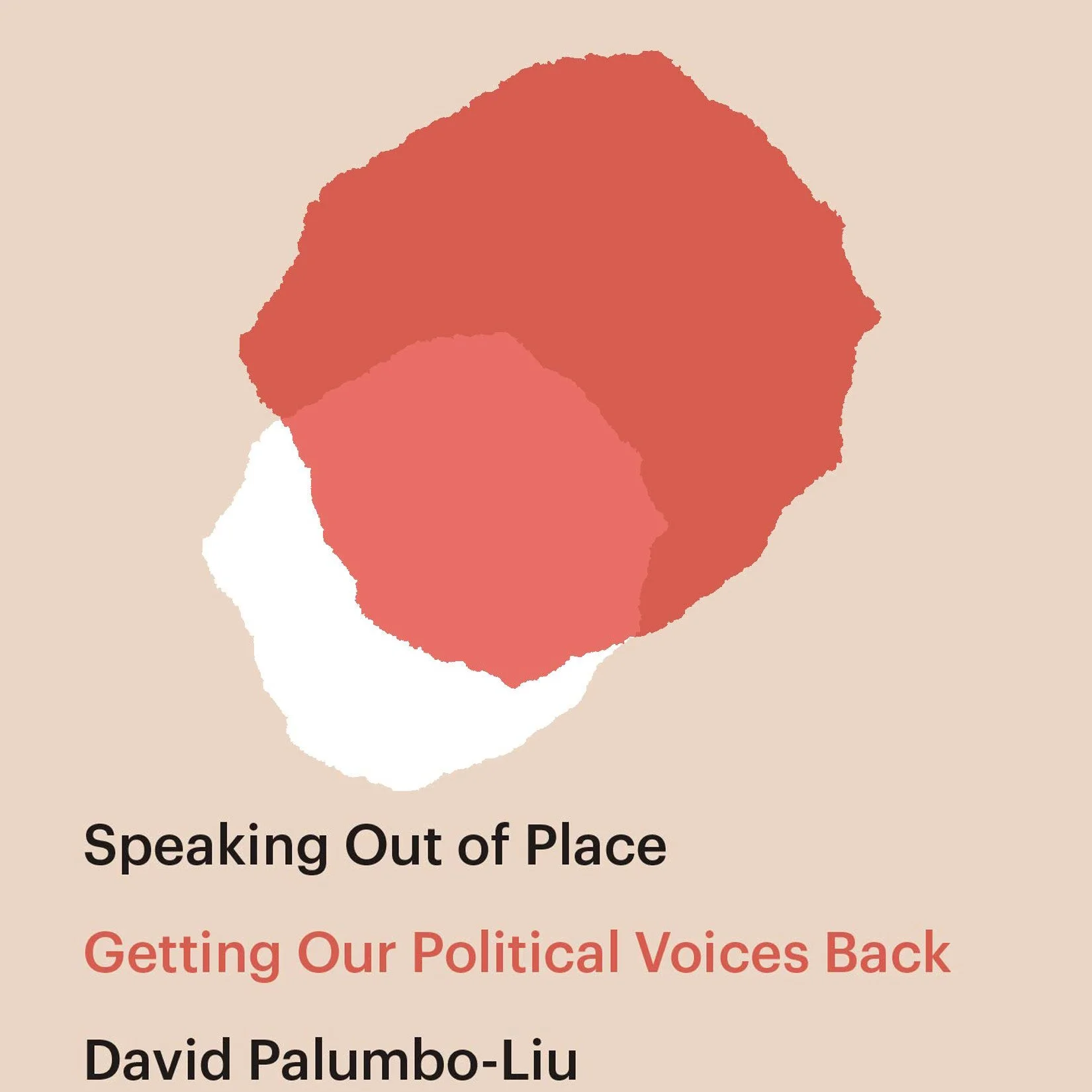COSTS OF WAR: One Year Later—The True Cost of Israel’s War on Gaza & the West Bank
/One Year Later—The True Cost of Israel’s War on Gaza & the West Bank
A Conversation with Prof. Sophia Stamatopoulou-Robbins & Dr. Jess Ghannam
In this episode on Speaking Out of Place podcast Professor David Palumbo-Liu talks with Sophia Stamatopoulou-Robbins and Jess Ghannam, who comment on a devastating new report authored by Stamatopoulou-Robbins. This report, “Costs of War,” reviews data gathered in Palestine since October 7, 2023. In that year alone, the report finds that the US has spent at least $22.76 billion on military aid to Israel and related US operations in the region. The number of direct deaths, but also so-called “indirect deaths” (and such a term forces us to project such deaths well into the future due to Israel’s massive destruction of the infrastructure and environment necessary to sustain even the barest forms of life), leads this report to claim that “the scale and rapidity of Gaza’s destruction … is unprecedented, not only in Palestinian history, but in recent global history.” Today we review but a small portion of the information that supports this terrible claim.












